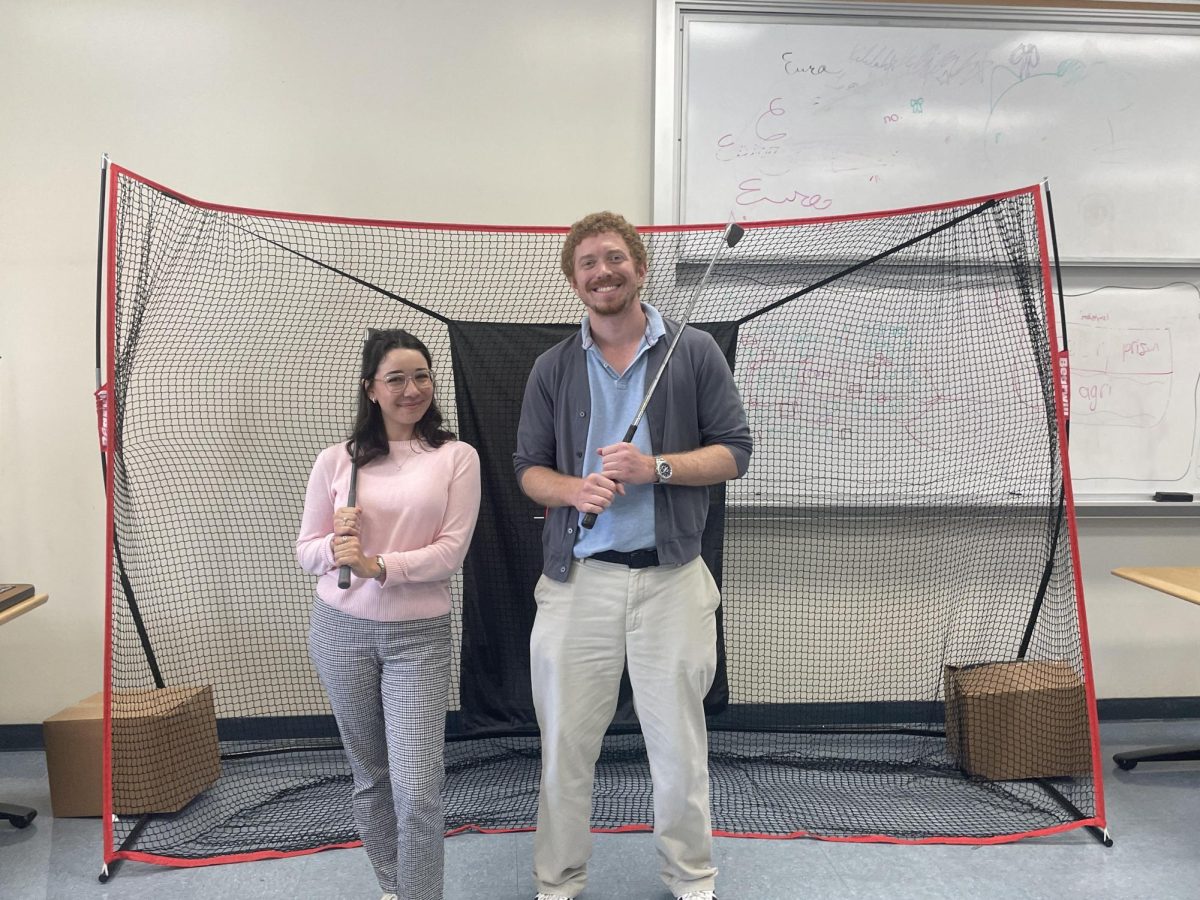Registration and course requests are due March 6 at 3:30pm, so here are some FAQs about graduation requirements, classes, programs, and more. This will help you decide what you want to register for, with Mrs. Nicole Hernandez’s help, for the upcoming school year.
What is the difference between GUSD Graduation Requirements and A-G Requirements?
The differences include the History, Math, Science, Language other than English (LOTE), Visual and Performing Arts (VAPA), and the College Preparatory Elective. While you need to complete the GUSD Graduation Requirements, the A-G Requirements make students eligible to apply to a UC or CSU directly after high school. Click this link to get a more defined look at the differences between the requirements: https://www.gusd.net/8401_3.
Many of GUSD’s graduation requirements already prepare a student for A-G. However, a student needs at least a C in all A-G classes to be eligible for admissions. Completing A-G requirements better prepares students for whatever they choose to do after high school, whether that’s a four year university, community college, or joining the workforce. Additionally, the classes are more challenging, and are a great way for students to test themselves. Mrs. Hernandez said, “Ultimately, you would be a well-rounded individual after completing your A-G requirements.”
What classes count as the College Preparatory Elective?
These electives include, but are not limited to: Psychology, Human Geography, Philosophy, Film as Literature, Business Entrepreneurship, AP Art classes, ECA (Early College Academy) classes, etc. Note that if a class covers multiple credits, it will only count towards one.
Do I need to take the SAT/ACT?
UC and CSU schools currently do not have a requirement for these exams. However, it is still recommended to take them, as students may want to apply out of state, or could receive a scholarship from high exam scores. Mrs. Hernandez recommends taking the exam if a student is planning to go directly to a four-year university.
Taking the SAT/ACT is also a great way for self-measurement, as students can check their stats and improvements. By taking these exams, it opens the door to more opportunities and options. It’s important to note that some schools do require the SAT/ACT.
What about AP Classes? Are they required?
AP (Advanced Placement) classes are not required, but they are a great way to prepare for college and make your college application stronger. These classes are designed to be like college classes, and match their difficulty. AP classes also boost GPA, as a B in an AP class would actually be an A.
Remember that by taking an AP class, students have to take an exam in the beginning of May (if students choose to not take the exam, it will not count for college credit). These exams are difficult, ranging from multiple choice questions to free response questions. The exam is scored 1-5, 5 being the highest.
Encouragingly, Mrs. Hernandez said, “Don’t be afraid to take them! I know they sound intimating, but it’s always great to just take on a challenge. You’ll never know unless you actually try it!” She also recommends that students talk to the AP teachers to see if their class will be a good fit for them.
AP classes offered at Hoover include AP World History, AP United States History, AP English Language and Composition, AP Literature, AP Calculus, AP Biology, AP Psychology, AP Art History, AP Seminar, and much more.
Can I take dual enrollment classes?
Yes, dual enrollment is available to all students, but they are only available during the Fall and Spring Semesters. Mrs. Hernandez does urge students to pass all of their high school classes before signing up for dual enrollment. These college classes are more rigorous and challenging compared to regular high school courses.
ECA, The Early College Academy, is a unique program that connects Hoover students to Glendale Community College (GCC). Students can get a head start on college, and take classes that professors from GCC teach at Hoover. This is a great path for students with a GPA between 2.5 to 3.5. By being in ECA, students get 2 years of college credit while still being in high school and can also receive their Associates Degree. However, these credits aren’t transferable to every school. They are transferable to UCs, CSU, and UCS, but many private schools do not accept ECA credits.







